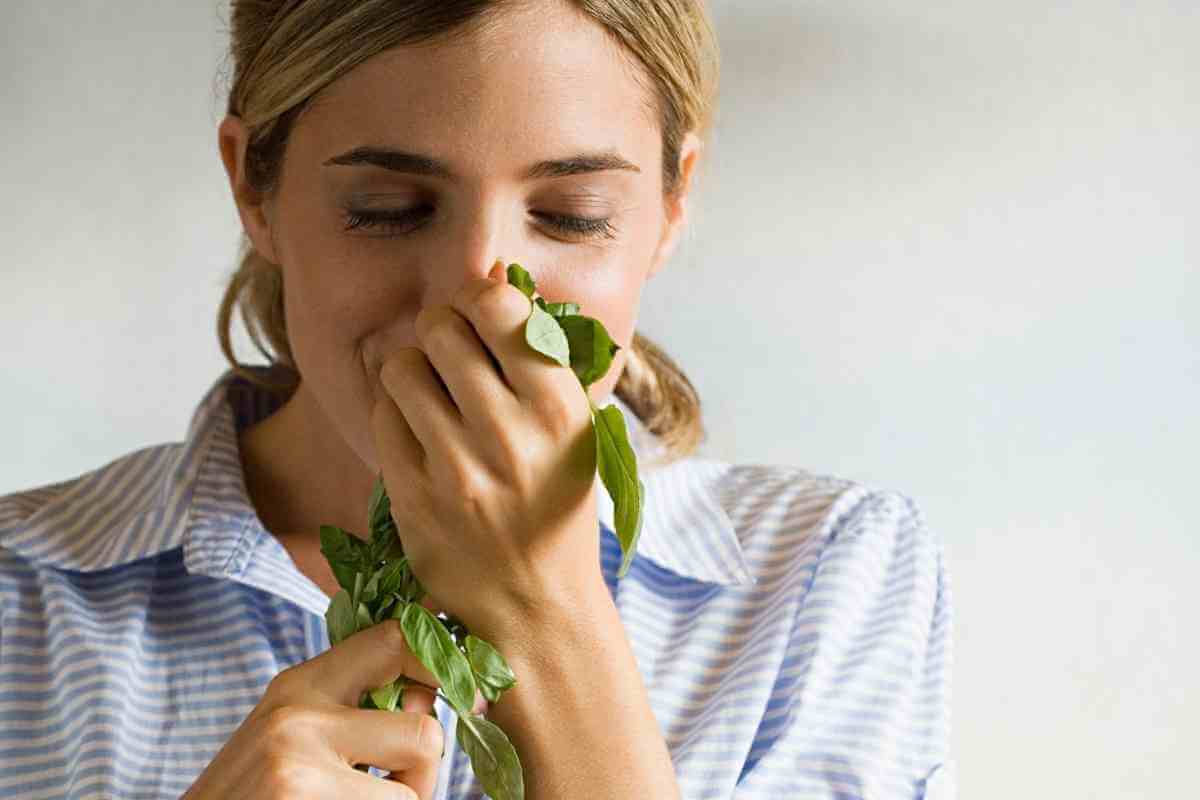Basil belongs to a class of spring crops such as peppers, parsley, okra, and eggplants.
You can always preserve essential herbs by drying and storing them when vegetables cease production.
You can preserve basil seeds for two reasons: consume them or plant them. Thus, understanding basil harvesting, drying, and storage methods is essential.
The best method for storing basil is to dry the seeds and store them in an air-tight container. This is important because the storage duration determines the germination rate of the seeds.
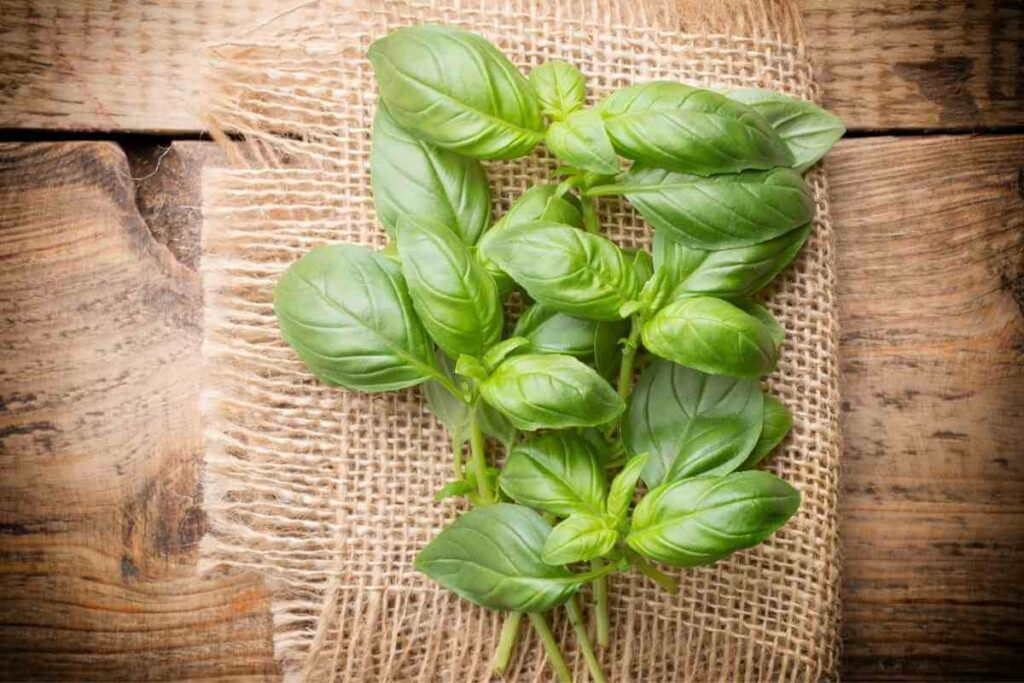
After harvesting basil seeds, you can either plant them outdoor after the final spring frost or grow them indoors one month before the frost.
Basil plants flourish in warm conditions, and they germinate after a short time once you plant them.
It is best to plant basil in areas with easy pollination, such as around other flowering plants like tomatoes.
Why You Should Dry Basil Seeds
Basil is classified as an annual plant that requires replanting each season.
Due to their seasonal nature, it isn’t easy to have a continuous supply. In that case, it is essential to dry and store them for future use when supply is limited.
Additionally, if properly dried and stored, they are viable for more than five years.
During pick season, everything is readily available and at reasonable prices.
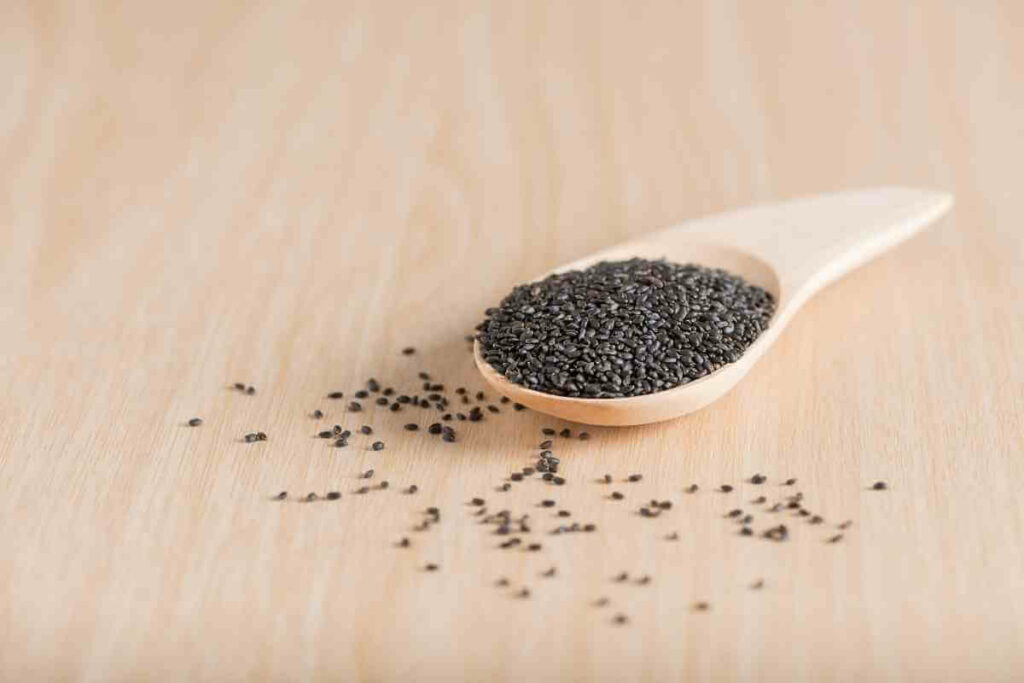
However, during the off-season, they tend to be scarce and expensive. The same case applies to basil seeds.
Therefore, if you have fresh basil seeds, it is essential to dry them and store them.
On the other hand, for those purchasing them, it is crucial to buy in large quantities during seasons and preserve them for future use.
Additionally, basil plants do not perform well in cold weather and frost.
Although they can be planted indoors during the cold and frosty season, it can be challenging for most farmers, especially those who lack an indoor farm.
Research has shown that basil seeds have immense health benefits.
Basil seeds are high in dietary fiber, and according to statistics, more than 90 percent of Americans do not meet their daily recommended intake of dietary fiber.
Therefore, preserving basil seeds will ensure that you constantly supplement your daily nutritional needs.
Basil seeds are also helpful to individuals trying to manage weight, and they have anti-diabetic properties that can be helpful to people suffering from excessive weight and diabetes.
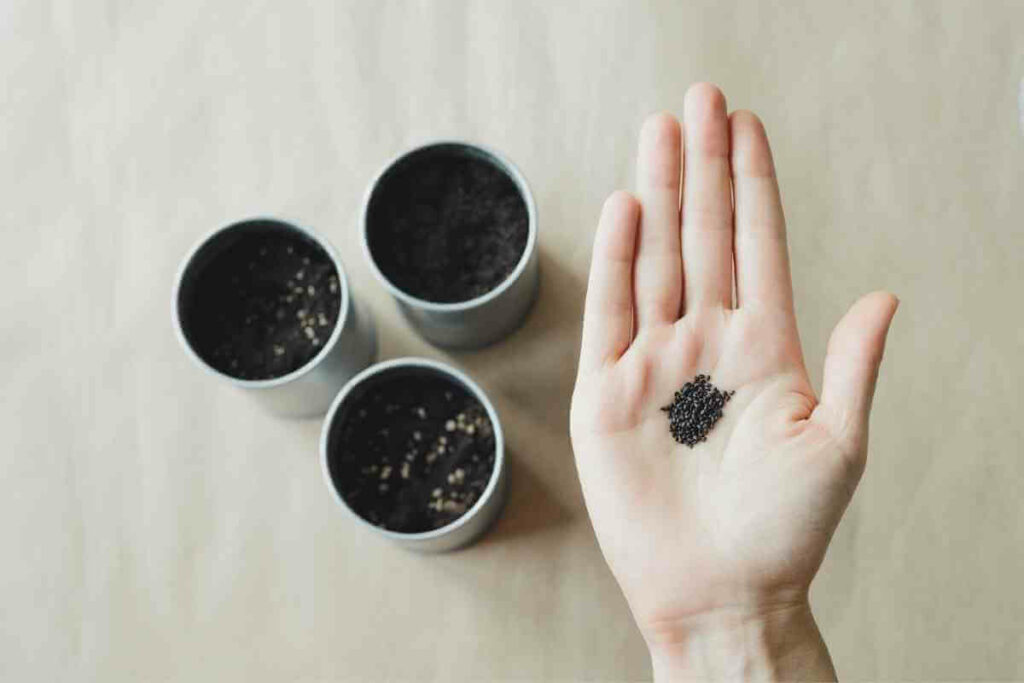
Furthermore, basils contain antioxidants and antibacterial properties that can be helpful to your overall health and wellbeing.
Therefore, drying and storing them will ensure that you leap from these health benefits all year round.
Additionally: Basil grown during full sun and steady warm temperatures have a greater taste than those produced during cold and frosty weather. However, it is vital to ensure that they are well dried before storing them, as excessive moisture can destroy them.
How to Dry Basil Seeds
Before storing basil seeds, they should be properly dried.
After harvesting, basil seeds can be dried by air drying and sun drying. However, it is crucial to consider the weather conditions because wind can blow away the seeds.
You can air-dry your basil seeds using a screen in a warm, cool, and dry environment.
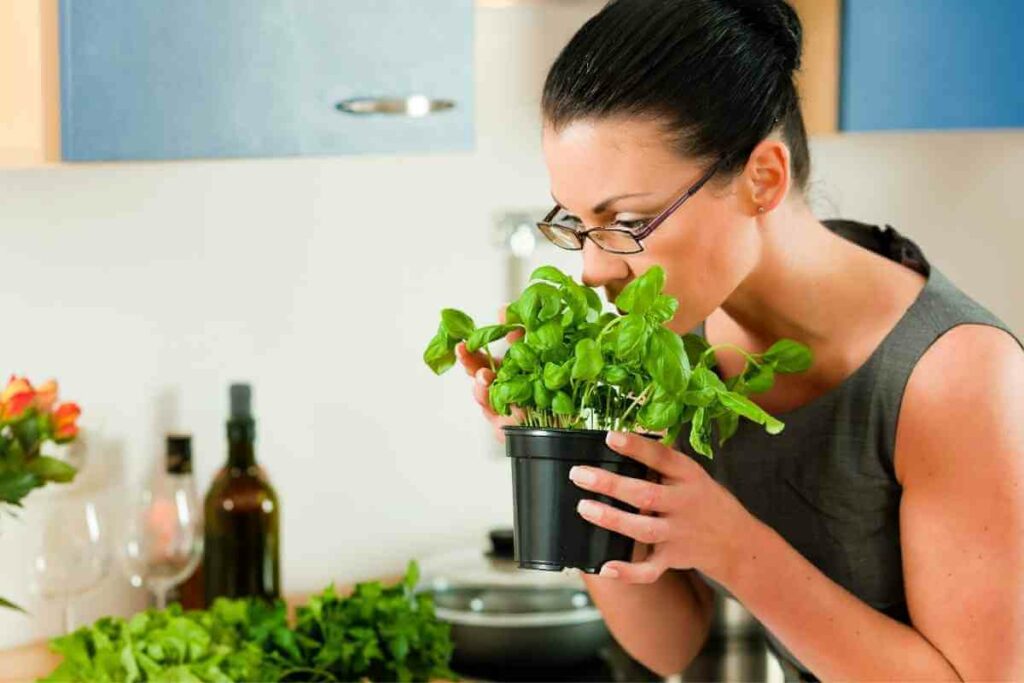
A dry and clean environment ensures the seeds do not contact any moisture, impacting their shelf-life.
The moisture also affects basil seeds’ flavor in the long run.
One drawback with this method is that it requires high temperatures and takes an extended duration depending on weather conditions.
Secondly, basil seeds can be dried through sun drying.
This method is highly recommended in tropical climates or summer.
The basil seeds can be spread in the sun to dry, ensuring that the weather is not windy to eliminate the risk of being blown away.
Storage of Basil Seeds
Properly preserved seeds can be stored for up to five years.
However, to maximize the longevity of preserved basil seeds, it is essential to ensure that storage conditions are appropriate.
This is important because the storage duration determines the germination rate of the seeds.
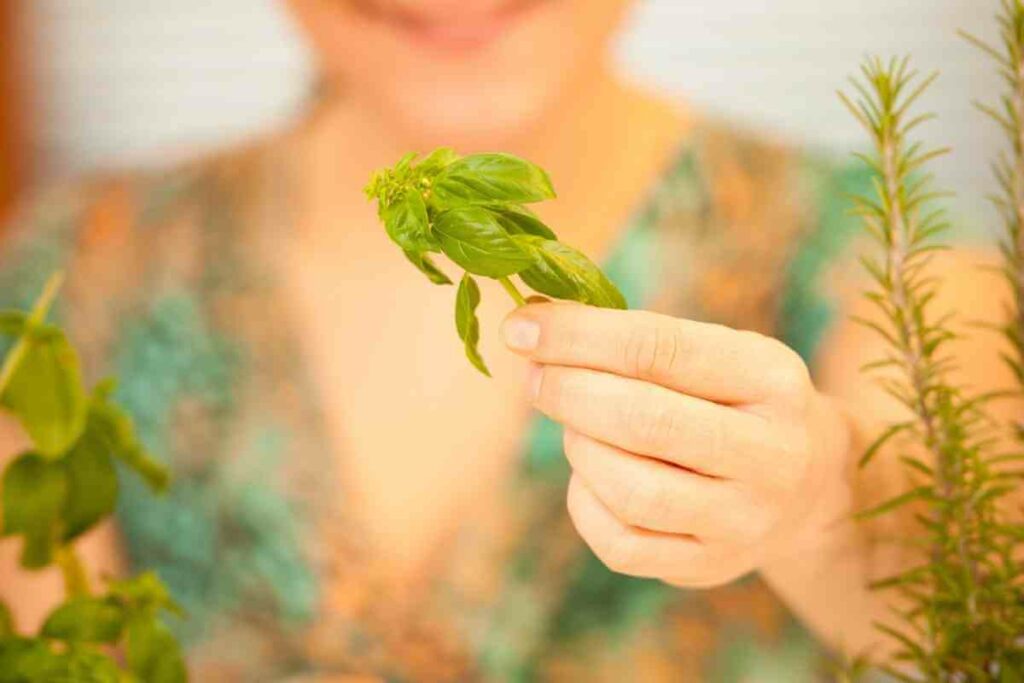
Those stored for more than five years have fewer chances of germinating. Different storage techniques which you can consider when preserving your basil seeds.
Most importantly, always store your basil seeds in environments with low temperatures and humidity. It would be best not to store your seeds in outdoor stores due to high moisture content, especially during morning hours.
Refrigerating or freezing your seeds is okay but ensure they are in a container or material that cannot absorb water or moisture.
Always dry the basil flower before extracting the seeds for drying and storage.
You can dry them by hanging them in a dry environment, preferably having them upside for faster drying.
Nice Tip: Place the flowers in a polythene bag, and they will take up to one month to dry and produce the seeds.
How to Store Basil Seeds and Leaves
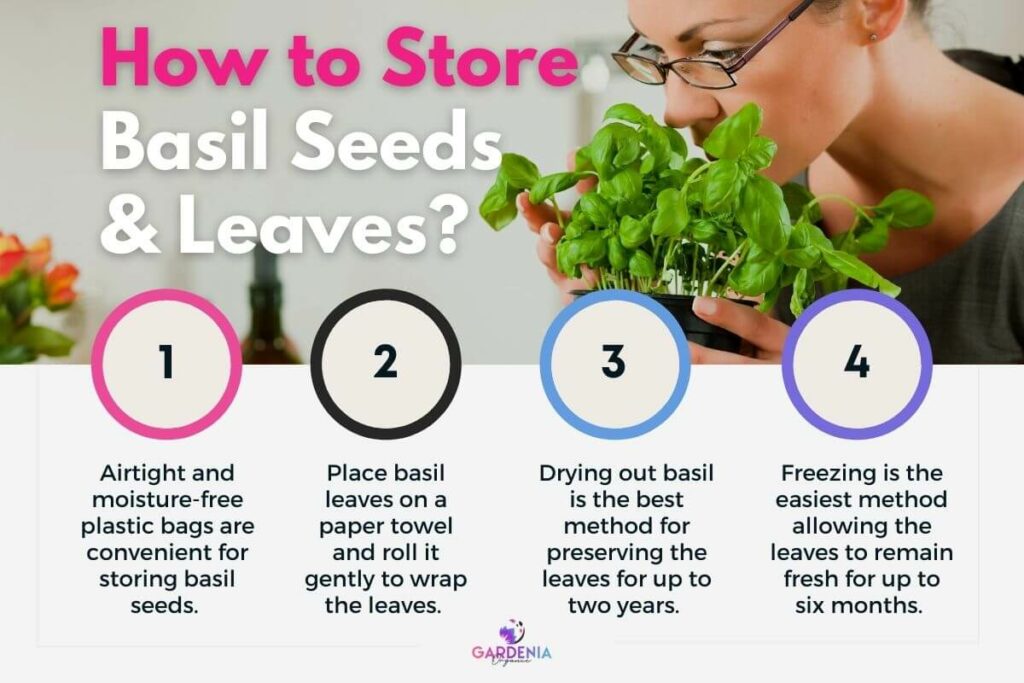
If you want to preserve both the leaves and the seeds, you can use the following methods.
Use a Plastic Bag
Plastic bags are convenient for storing basil seeds.
Ensure that the plastic bag is airtight and moisture-free.
Secondly, it is crucial to keep them in a container alongside something that will absorb moisture.
These methods can also be used to store preserved basil leaves, preserving their freshness for up to seven days.
Here is the simple process:
- Fill lukewarm water into a container
- Put the basil cuttings
- And then cover using a plastic bag
Ensure you do not crush the basil leaves by wrapping them tightly, leaving enough room for them to breathe.
Place your basil in a cool area such as on a kitchen table or counter but never in a refrigerator or close to a window.
Too hot or hot temperatures cause the leaves to wilt faster.
Most importantly, you should change the water after two days and consume the basil leaves before the weekends.
Wrapping Basil Leaves Using a Paper Towel
This method is relatively easy and preserves your basil leaves for a week; it is a better vase and plastic strategy alternative.
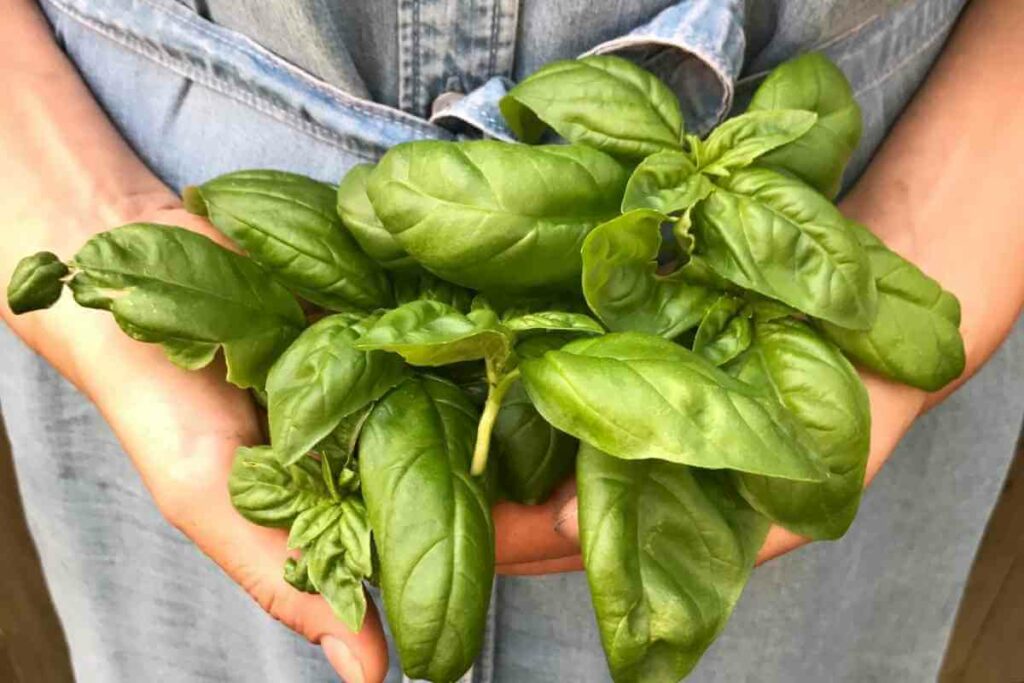
Here, you pluck the basil leaves and place them on a kitchen cloth or paper towel and roll it gently to wrap the leaves.
Next, you set the towel in a ziplock and let the leaves chill in it.
By preserving your basil leaves using this way, they remain hydrated and do not wilt.
It also allows the leaves to retain their freshness for up to seven days.
Additionally: You prolong this time to two months by pouring some olive on the basil leaves.
Dry It Out for Years of Preservation
Although this method is relatively challenging compared to the previous two, it is the best basil method for preserving the leaves for up to two years.
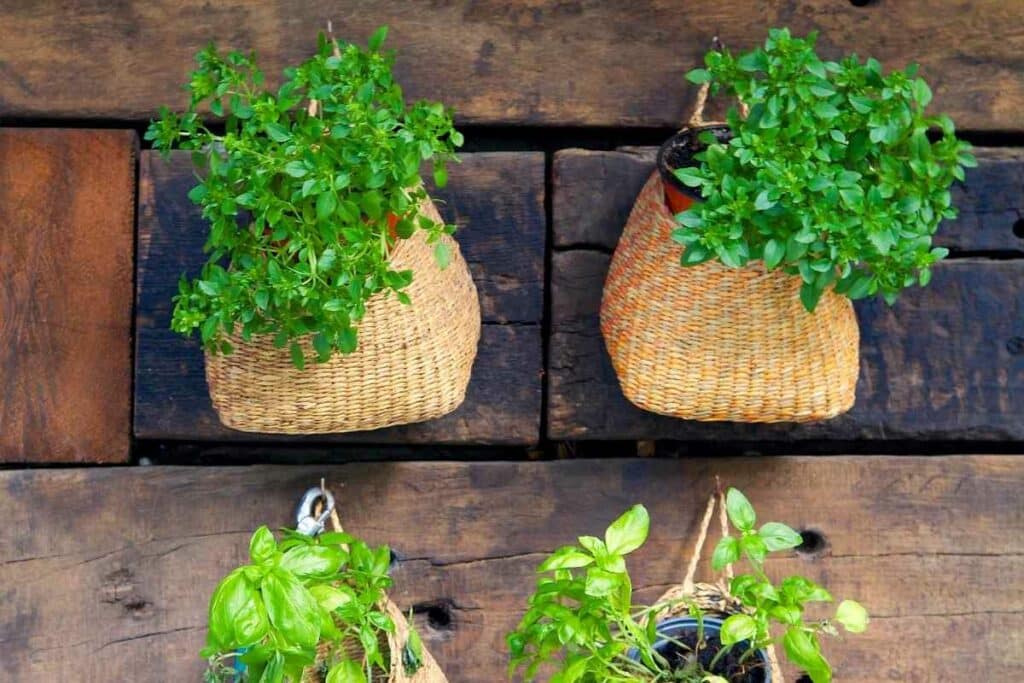
Steps to be taken:
- Place your basil leaves on parchment paper on a baking sheet and put them in an oven at low temperatures for up to four hours. That will allow the leaves to break when touched.
- Monitor the drying process regularly as the leaves become easy to crumble.
- Remove the sheet and allow the leaves to cool before placing them in an airtight container.
- Store the container in a dry place, and the basil remains fresh for consumption for up to two years.
Freezing Basil Leaves
Of all basil preservation methods, freezing is the easiest one allowing the leaves to remain fresh for up to six months.
Place your basil leaves in a freezer bag and place them in a refrigerator. Alternatively, you can use an ice cube tray and freeze the basil leaves into cubes.
So, preserve the basil seeds in your garden; dry them and store them for use during winter, and you will enjoy the outcomes.
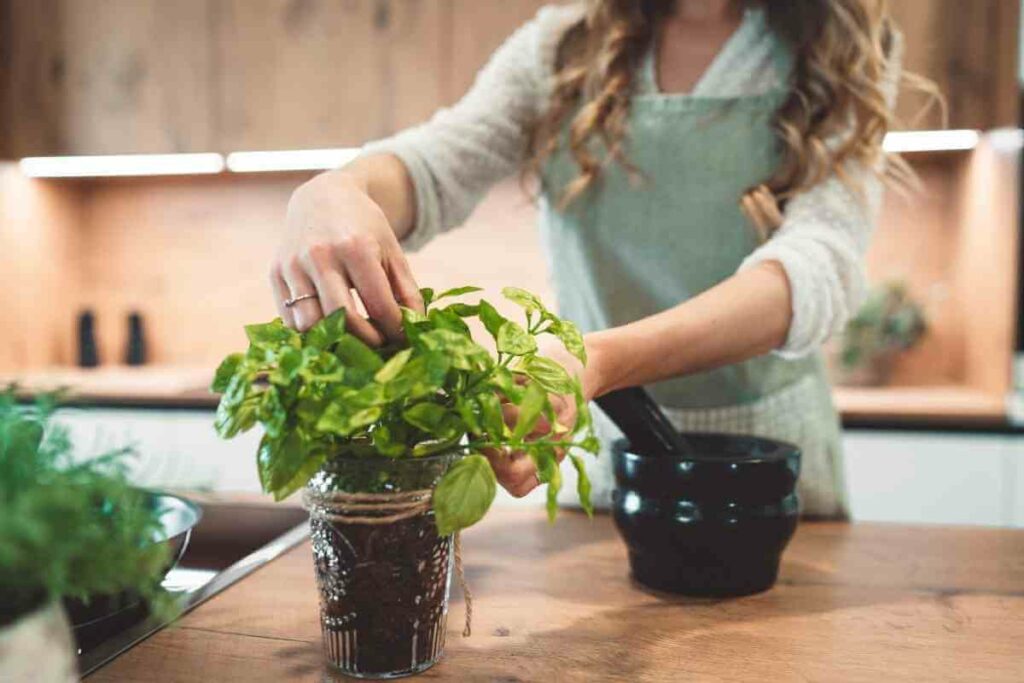
On the same note, if your basil plants have bloomed, preserve the seeds and replant them in the coming year.
Overall: Basil seed storage saves your money, guarantees delicious meals, and has several health benefits.
Final Thoughts
Basil seed preservation is easy, giving you every reason to save them.
For instance, they are extremely small so storing them is not complicated; also, consider the harvest you can gain from one seed in the future.
Saving seeds increase your self-sufficiency, future output and guarantee you delicious meals in all seasons.
